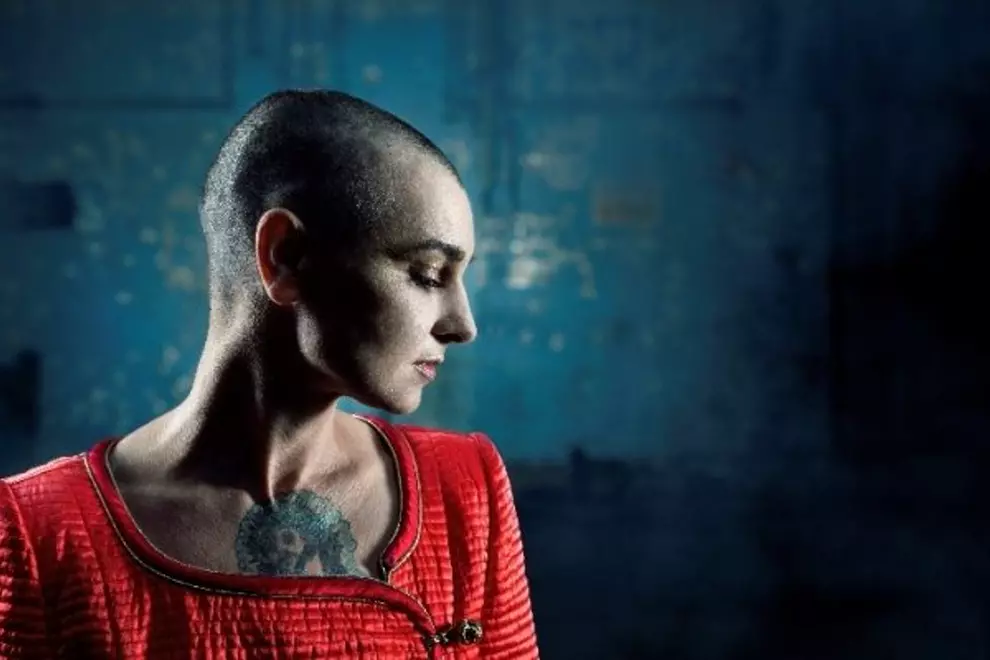The sudden passing of Irish icon Sinéad O’Connor shocked the music world last July.
According to a brief statement from the Southwark Coroner’s Court in London, the Nothing Compares 2 U singer died of natural causes. The coroner has, therefore, ceased investigations into her cause of death.
Sinéad O'Connor passed away in July 2023 at the age of 56. She was found dead in her London flat, with Metropolitan Police ruling her passing as non-suspicious and confirming that a coroner would conduct an autopsy.
Known for her stunning, passionate cover of the Prince song, Nothing Compares 2 U, from her 1990 album I Do Not Want What I Haven’t Got, in which the music video saw her take centre stage in front of the camera, singing with her shaved head and tears in the spotlight, O’Connor shot to reluctant fame – she later called herself a “protest singer” in her 2021 memoir, Rememberings.
“Everyone wants a pop star, see?” she wrote. “But I am a protest singer. I just had stuff to get off my chest. I had no desire for fame.”
O’Connor released ten studio albums throughout her musical career, with her final record, I’m Not Bossy, I’m The Boss, released in August 2014.
Tributes poured quickly for O’Connor, with Irish president Michael D. Higgins, trip-hop pioneers Massive Attack, Smashing Pumpkins leader Billy Corgan, and peer Tori Amos leading the outpouring of grief.
Last September, the BBC series The Woman In The Wall aired a previously unreleased song by O'Connor at the end of the six-part mystery series.
Don't miss a beat with our FREE daily newsletter
The Magdalene Song is the first unreleased song we’ve heard by O’Connor since her passing. In the series, which aired its finale in late September, actress Ruth Wilson followed her trauma back to her time at Ireland’s Magdalene Laundries, institutions run by the Catholic Church in Ireland that housed unmarried pregnant girls and women.
As The Magdalene Song played in The Woman In The Wall, O’Connor’s commanding voice displayed the protagonist’s resolve to survive her trauma.
David Holmes, the producer of O’Connor’s final songs, shared that she sanctioned the use of The Magdalene Song before production on The Woman In The Wall had even wrapped up.
“When the producers heard it, they were amazed to have something so strong,” Holmes said. “We all felt the only place this can go is at the end.”
















